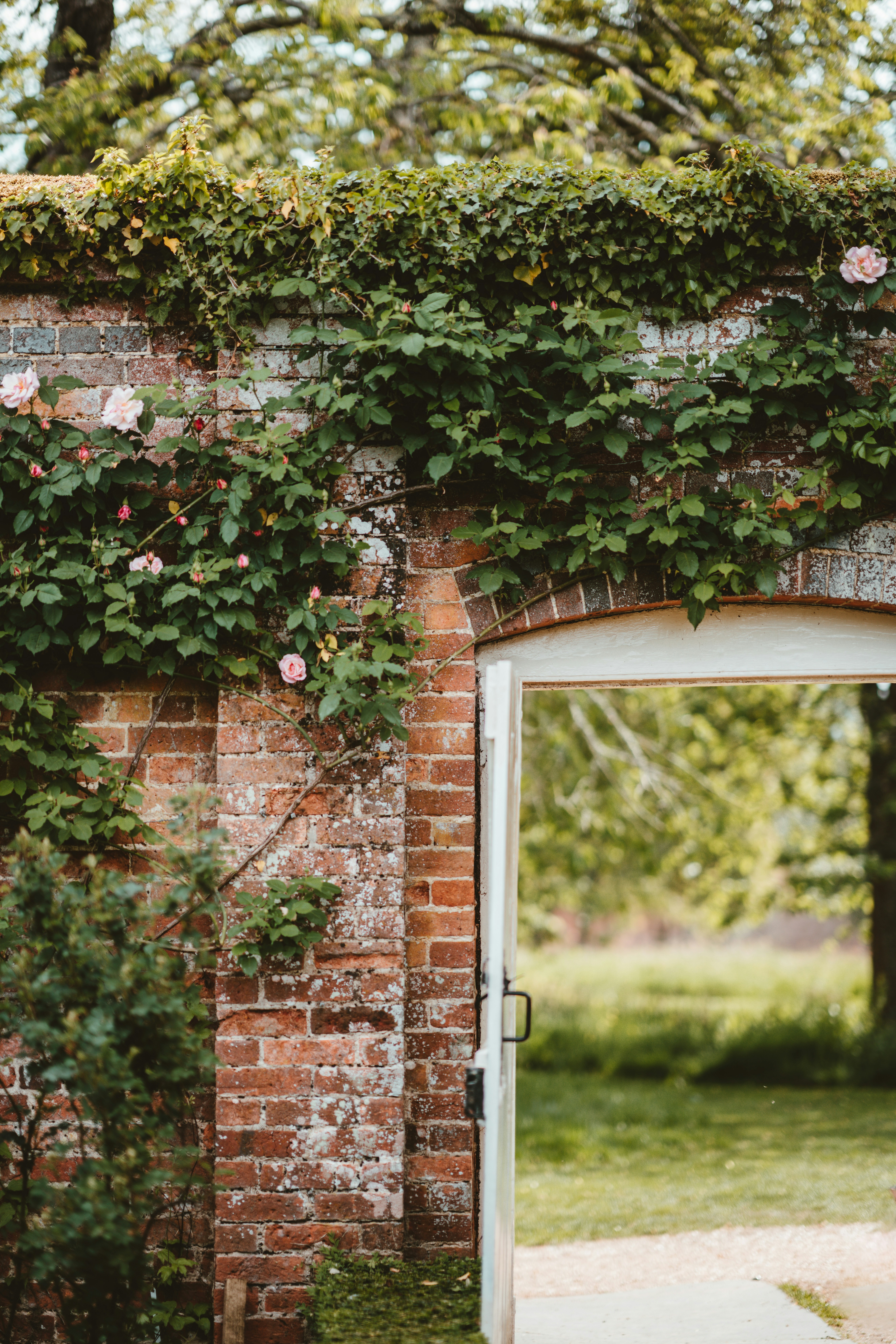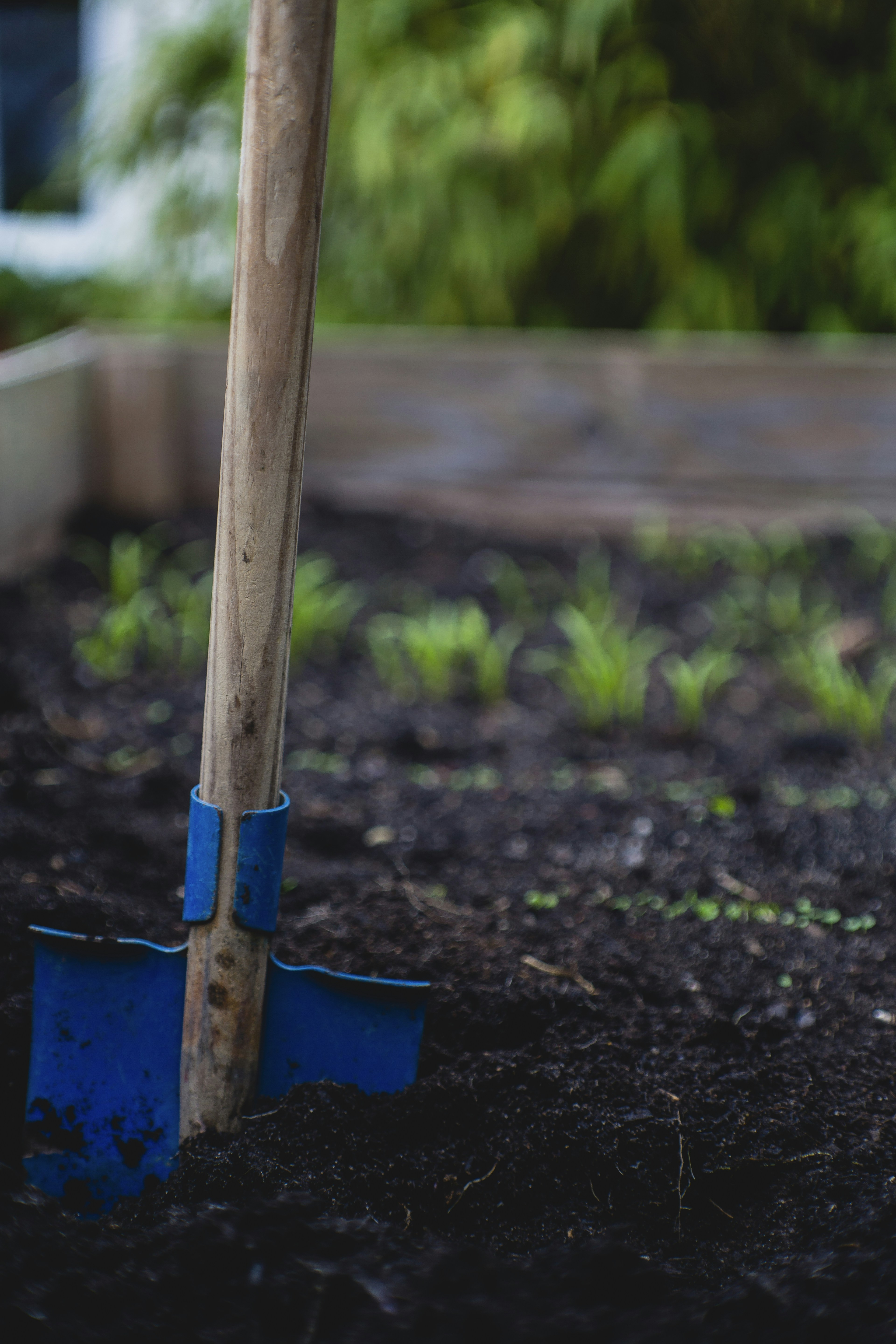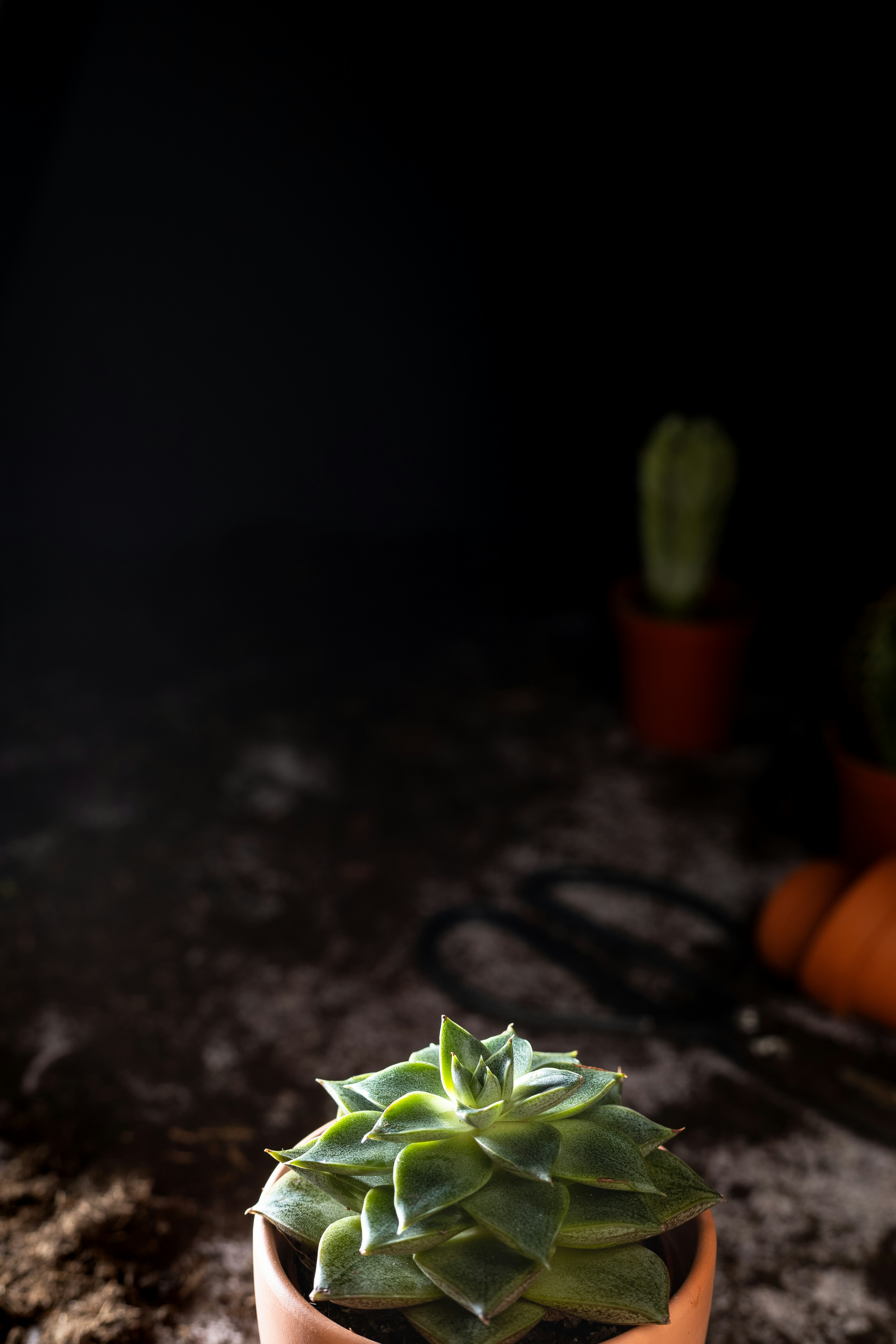The Surprising Mental Health Benefits of Indoor Vertical Gardens
Published on November 1, 2024
The Surprising Mental Health Benefits of Indoor Vertical Gardens
In our increasingly urban and digital world, finding ways to connect with nature can be challenging. Yet, the need for this connection remains crucial for our mental well-being. Enter the world of indoor vertical gardens - a growing trend that's not just aesthetically pleasing, but also offers surprising benefits for mental health.
What are Indoor Vertical Gardens?
Indoor vertical gardens, also known as living walls or green walls, are essentially gardens that grow vertically using wall space. They can range from simple hanging planters to elaborate systems with built-in irrigation.

The Mental Health Benefits
1. Stress Reduction
Studies have shown that being around plants can lower cortisol levels, the hormone associated with stress. The act of tending to plants can also be a meditative and calming activity.
2. Improved Air Quality
Plants naturally filter air, removing toxins and producing oxygen. Better air quality can lead to improved cognitive function and overall well-being.
3. Increased Productivity
Research suggests that having plants in work or study areas can increase productivity by up to 15%. The natural elements help with focus and creativity.
4. Mood Boost
The vibrant colors and natural beauty of a vertical garden can uplift mood and create a more positive environment.
5. Connection to Nature
In urban settings, vertical gardens provide a much-needed connection to nature, satisfying our innate need to be around living things.
Getting Started
Creating your own indoor vertical garden doesn't have to be complicated. Here are some tips:
- Start small with a few hanging planters
- Choose low-maintenance plants like pothos, ferns, or succulents
- Ensure proper lighting - most indoor plants prefer bright, indirect light
- Consider a self-watering system for easier maintenance
A Family Project
Creating and maintaining a vertical garden can be a wonderful family project. It provides opportunities for learning about plant care, responsibility, and the joy of watching something grow. For families with teens, it can be a calming activity that encourages conversation and shared interests.

Conclusion
Indoor vertical gardens offer a unique way to bring nature into our living spaces, with benefits that go far beyond aesthetics. By incorporating these living walls into our homes, we can create environments that nurture both our plants and our mental well-being.
As we continue to navigate the challenges of modern life, tools that support our mental health become increasingly valuable. If you're looking for more ways to improve family communication and mental well-being, consider checking out Thinker, an AI-powered tool designed to help mediate and advance relationships, especially in immigrant and Asian-American families.


